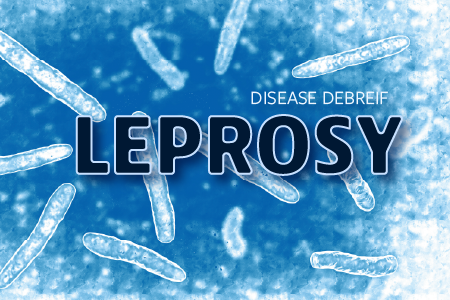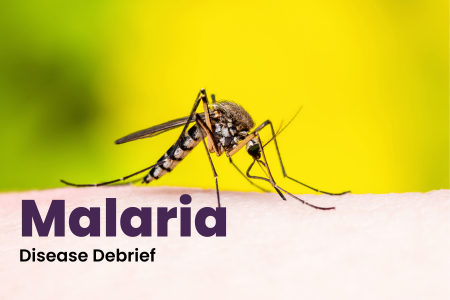In the Canadian prairies, epidemics of HIV and syphilis are driven by a syndemic of houselessness, lived experience of colonization, substance use and violence and involvement with the justice system. These fact sheets build on NCCID’s recent work on shelters, incarceration, and HIV. The fact sheets explore the extent to which gender-based violence and houselessness are interconnected issues rooted in colonization, and outline how they increase vulnerability to HIV infection, particularly for Indigenous women.
Stream: NCCID
Indigenous women, houselessness, and gender-based violence in Canada
In the Canadian prairies, epidemics of HIV and syphilis are driven by a syndemic of houselessness, lived experience of colonization, substance use and violence and involvement with the justice system. These fact sheets build on NCCID’s recent work on shelters, incarceration, and HIV. The fact sheets explore the extent to which gender-based violence and houselessness are interconnected issues rooted in colonization, and outline how they increase vulnerability to HIV infection, particularly for Indigenous women.
Lice and lethality: the re-emergence of louse-borne Bartonella quintana in Canada
This webinar will describe the re-emergence of B. quintana in Canada, examining transmission dynamics, disease burden, and emerging pathways of spread. The webinar will highlight how neglected bacterial infections linked to socioeconomic vulnerability remain concealed drivers of disease and mortality in Canada.
How do you build a digital STBBI testing program?
In this webinar, the Digital & Sexual Health Initiative team at the BC Centre for Disease Control and the University of British Columbia will share practical lessons from GetCheckedOnline, an effective digital STBBI testing program that has been operating in British Columbia for more than a decade.
Wastewater-Based Surveillance Program
A peer-to-peer learning program on wastewater-based surveillance for COVID-19, other pathogens and agents for public health practitioners.
Indoor environmental quality (IEQ) in shelter settings: What it means and why it matters
In this webinar, participants will learn to identify indoor environmental quality (IEQ) considerations for congregate settings, explore impacts of aspects of IEQ on the health of people in shelters and understand the connection between IEQ and the spread of infectious diseases.
Chikungunya
Chikungunya virus (CHIKV) is an arbovirus that causes Chikungunya fever. The virus was first detected in Tanzania in 1952. Since then, it has spread to over 110 countries: outbreaks have occurred in Africa, the Americas, Asia, Europe, and islands in the Indian and Pacific Oceans. The expansion of the range of Aedes aegypti and Aedes albopictus mosquitoes because of climate change may further the spread of infection.
No Stewardship without Stewards: Resourcing Your Antimicrobial Stewardship Program
Join us for a review of the challenges, successes, and best practices in resourcing antimicrobial stewardship programs.
Respiratory Syncytial Virus (RSV)
Respiratory Syncytial Virus (RSV) is a very common virus that causes infections of the respiratory tract. Other than monitoring for symptoms, most used RSV are diagnosed clinically. Most RSV infections go away on their own in 1-2 weeks.
New World Screwworm (NWS)
New World Screwworm (NWS) is a very painful disease, characterized by the presence of maggots/larvae around or in a wounded area. Thought to have been eradicated in wildlife and livestock in the USA, there was a resurgence of NWS in Mexican cattle, and the first-ever native human case of NWS in North America was reported.
Leprosy
Leprosy, also known as Hansen’s disease, is caused by the bacterium Mycobacterium leprae. This chronic infection primarily targets the skin, peripheral nerves, mucosa of the upper respiratory tract, and ocular tissues, leading to disfiguring sores and nerve damage.
Malaria
Malaria is a parasitic infection spread to humans by female Anopheles mosquitoes. The single-celled parasites are in the genus Plasmodium. Typically, four kinds of malarial parasites infect humans, Plasmodium falciparum, P. vivax, P. ovale, and P. malariae. P. Knowlesi, a type of malaria that naturally infects macaques in Southeast Asia, may also infect humans, causing malaria that is transmitted from animal to human.






